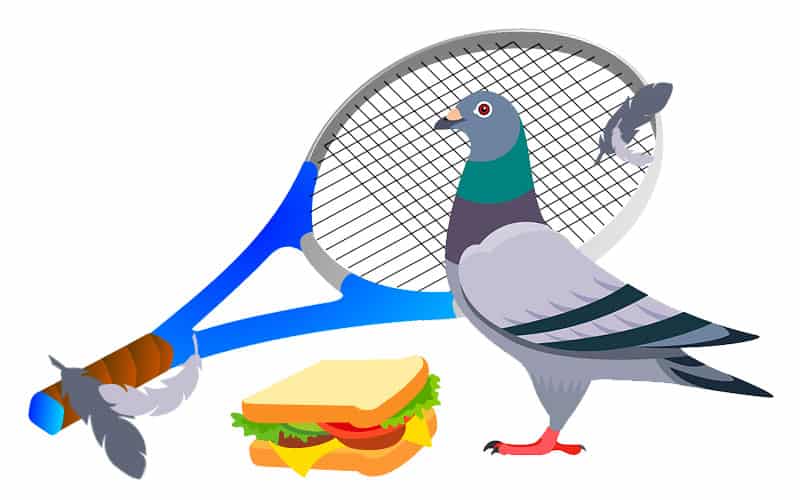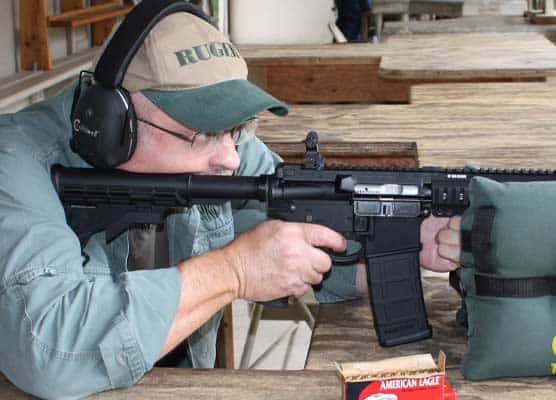The Pigeon Patrol
For all their might and power, Army helicopters are actually fairly delicate machines. They require a great deal of specialized maintenance for reliable operation and demand to be treated with respect. When operational, they are a force of nature, but it takes some effort to get them there.
We kept our fleet inside an antique airship hangar. Originally erected back in the early part of the 20th century, this expansive edifice was originally intended to house Army blimps. Once the blimps went the way of the dodo, the buildings eventually rendered proper service as home to a whole pile of big Army CH47D Chinook helicopters.
The building, for all its voluminous attributes, was literally impossible to seal. That meant rodents of both the terrestrial and airborne variety. The young, enlisted troops devised a way to manage the mice, but it was the pigeons that drove us bananas.
I’m a pretty live-and-let-live sort of guy. If the pigeons didn’t bother me, I saw little interest in pestering them. However, they pooped on everything, and scrubbing pigeon crap off the aircraft was a never-ending cause of consternation among our hardworking young flight engineers and crew chiefs. But, when one of the birds dropped a load onto the commander’s head during a change of command ceremony, he declared unfettered war.
The safety officer was given the duty of ridding the hangar of the flying vermin. The two gigantic sliding doors sported big overlapping rubber flaps that sort-of sealed the things, but they were inadequate. The guy even stalked around the place after hours with a pellet rifle for a while but had little luck. The birds were tucked up in the rafters where they were tough to hit, and the maintenance guys started griping about finding spent pellets in the aircraft.
Us officers put our heads together to try to divine a solution. We considered any number of schemes of varying degrees of practicality but were honestly flummoxed in the end. We had no idea how to go about poisoning pigeons, and the obvious gun-related solutions, though undeniably popular, offered suboptimal results. That’s when one of my flight engineers came to the rescue.
Young, enlisted soldiers are an unnaturally creative lot. Drop too much free time in their laps and they invariably gravitate toward mischief. But give them a proper mission and they’ll move heaven and earth to make that happen. His solution was as brilliant as it was effective.
With most of the crew off someplace else and the hangar fairly dead, he pulled up a chair and assessed the problem. The pigeons were indeed copious and everywhere, but the mechanism by which they gained entrance to the hangar was shockingly predictable.
The rubber bits on the big doors did a decent job of sealing the fissure through most of its ample length. However, this hangar had been around for nearly a century, and the bottom portion was rubbed away. As such, the pigeons, before they could fly up to roost in the rafters, had to land and actually walk through the little open spot at the bottom of the closed doors. Armed with this observation he arrived for work the following day with a tennis racquet.
It cost him his lunch hour one day, standing over the little opening beneath the big hangar doors, a sandwich in one hand and a tennis racquet in the other. As each pigeon would line up outside the door before waddling inside, expecting to fly up into the rafters, he’d catch them square in the face with the tennis racquet. An hour later, he stood beside a simply breathtaking pile of 36 recently demised pigeons. It took another application or two of this novel therapy to fully rid the place of the feathered menace, but his was the only solution that actually worked.
Sometimes the easiest solutions are indeed the best. In this case, a young man with a sandwich and a tennis racquet did in an hour what we college boys had been unable to accomplish in a month. There were no incremental costs, and the exercise was even environmentally friendly. We discarded the pigeons amongst some nearby mulch, and they were recycled in short order. Aside from having to pick a few feathers out of his tennis racquet there was no harm done — unless you were a pigeon. In that case, the balance of power just irrevocably shifted.
Technology marches on…






